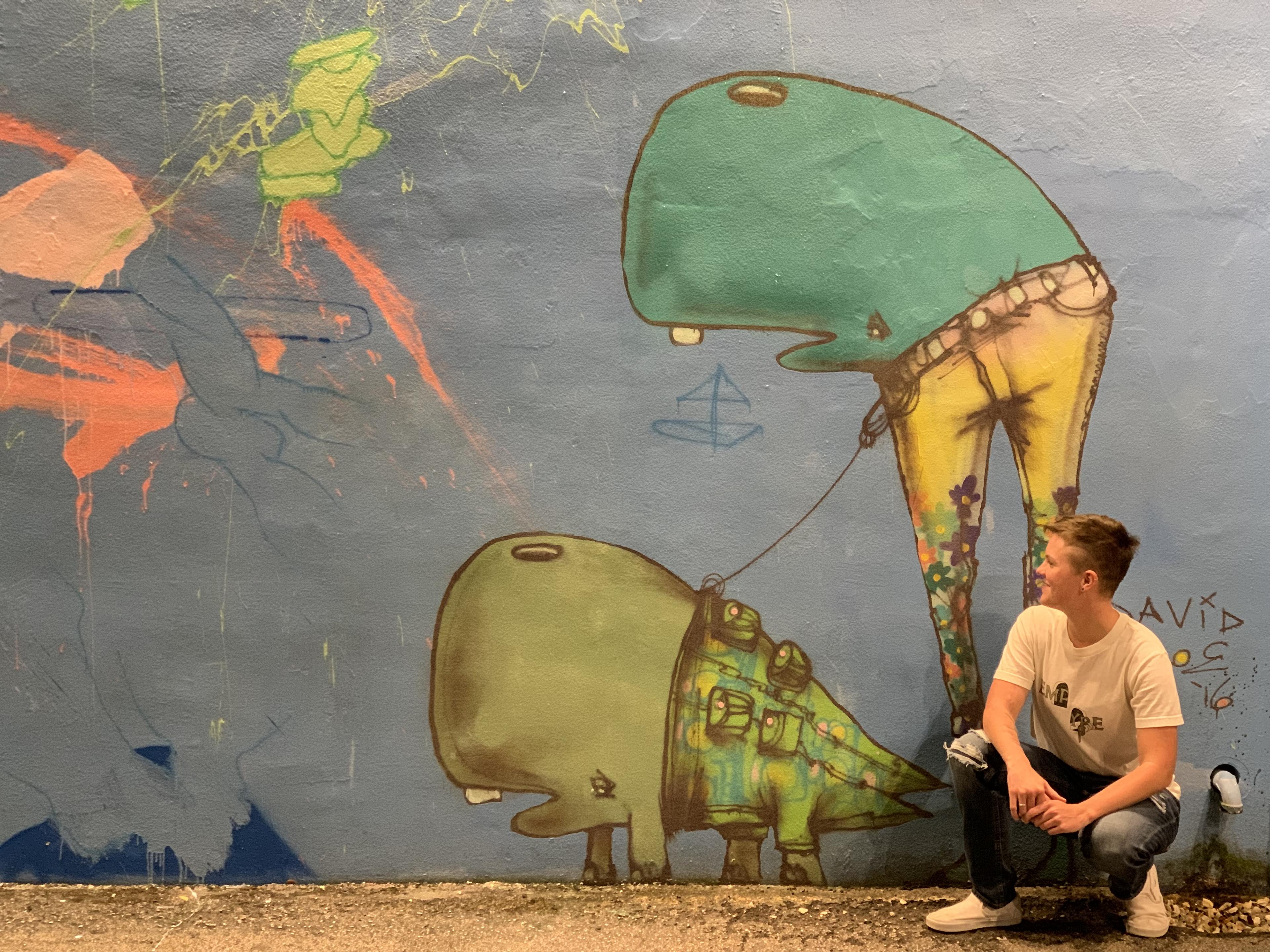Connect with hundreds of tutors like Kelly
America's #1 Tutoring Platform
Who needs tutoring?
FEATURED BY
TUTORS FROM
- YaleUniversity
- PrincetonUniversity
- StanfordUniversity
- CornellUniversity

Kelly
Bachelors, Biochemistry and Psychology
Middle Tennessee State University
About Me
I love seeing the lightbulb turn on when someone is able to understand something they have been struggling with. We all learn differently and at different paces. I come armed with a surplus of "dad jokes" to make you laugh, and I typically teach with analogies. I believe in a laid-back approach. In college, I double majored in biochemistry and psychology. I'm currently finishing up my MS in microbiology and working as a surgical neurophysiologist. I have tutored for roughly 13 years, and I have taught college-level biology. If I am unable to help due to an issue on my end, I won't charge you. I have a genuine interest in helping people learn.
Education & Certifications
Middle Tennessee State University
Bachelors, Biochemistry and Psychology
Q&A with Kelly
See one, do one, teach one. When you see how something is done, then you, yourself, can do it. The ability to teach is the true indicator of comprehension.
Tutoring Subjects
Connect with a tutor like Kelly
Connect with a tutor like Kelly
Tutors with Similar Experience


